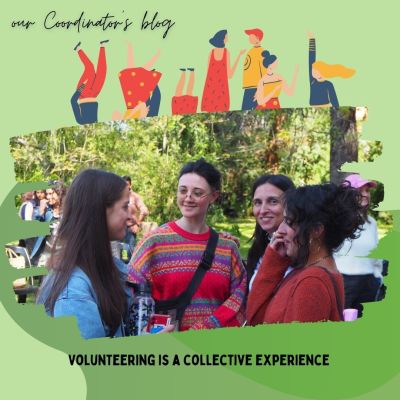The National Mental Health Law obliges the State to create devices so that people who use mental health services can live in the community with the same opportunities as others. However, 10 years after the law was passed, community services are very scarce, and that causes people to remain locked up. The law gave 10 years to transition from a closed mental health system to an interdisciplinary and community-based approach. In 8 days the deadline established by the law is met and in our country little has changed.
Of the total number of people in institutions, 1 out of every 4 has between 11 and 90 years old locked up in them. In contrast, the law states that by last November, 100% of the people who were institutionalized with more than 2 years in public facilities had to be externalized and included in community residential devices. Since its sanction, the State has not implemented public policies aimed at allowing people with psychosocial disabilities to leave institutions. The few devices that currently exist are clearly insufficient to meet the demand and often face major barriers to their proper functioning and sustainability over time. This failure is particularly serious if one considers that most people remain locked up in psychiatric hospitals for social reasons, that is because they need a care device that does not exist because they lack housing and the State does not provide a housing solution, or because they do not have the economic resources or support to live in the community.
It is time to take mental health seriously, both at the state level and at the societal level. Beyond the gap between recognized law and reality, at the societal level, mental health problems continue to be subject to stigmatizing and degrading views. This year demonstrated to all those who still believe that mental health is something related to pathologies, to the strange, or even those who relate it to the "dangerous" that it is not, that mental health concerns us all. This emergency call must be accompanied by training, real policies, and the recognition and promotion of community spaces.
Data source: ACIJ





